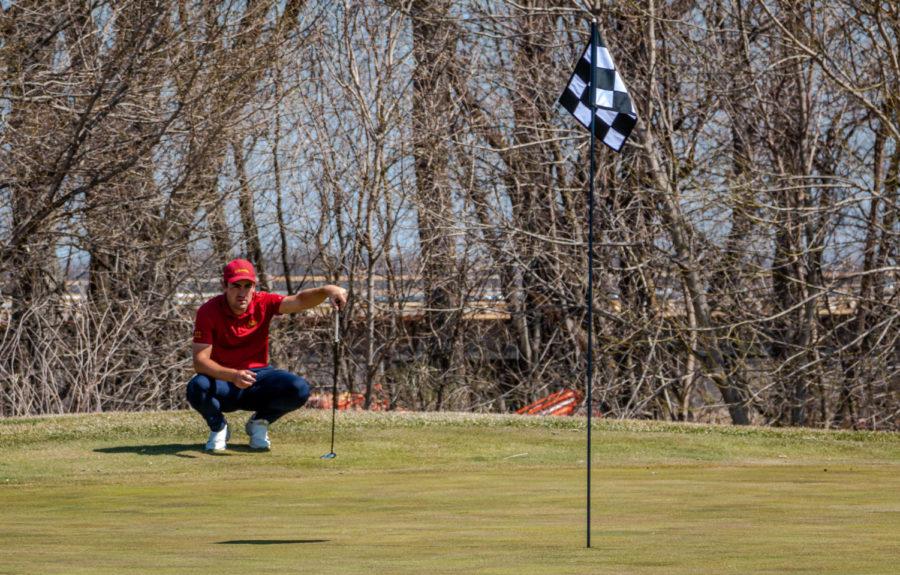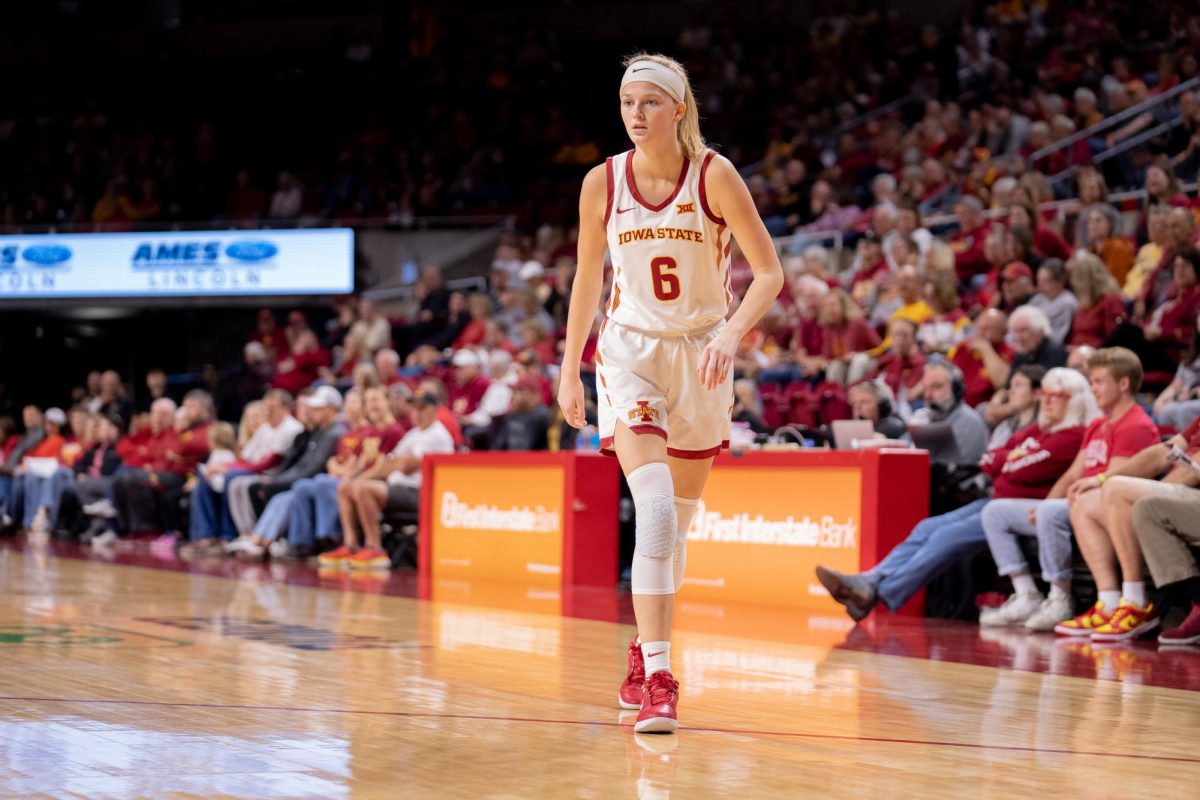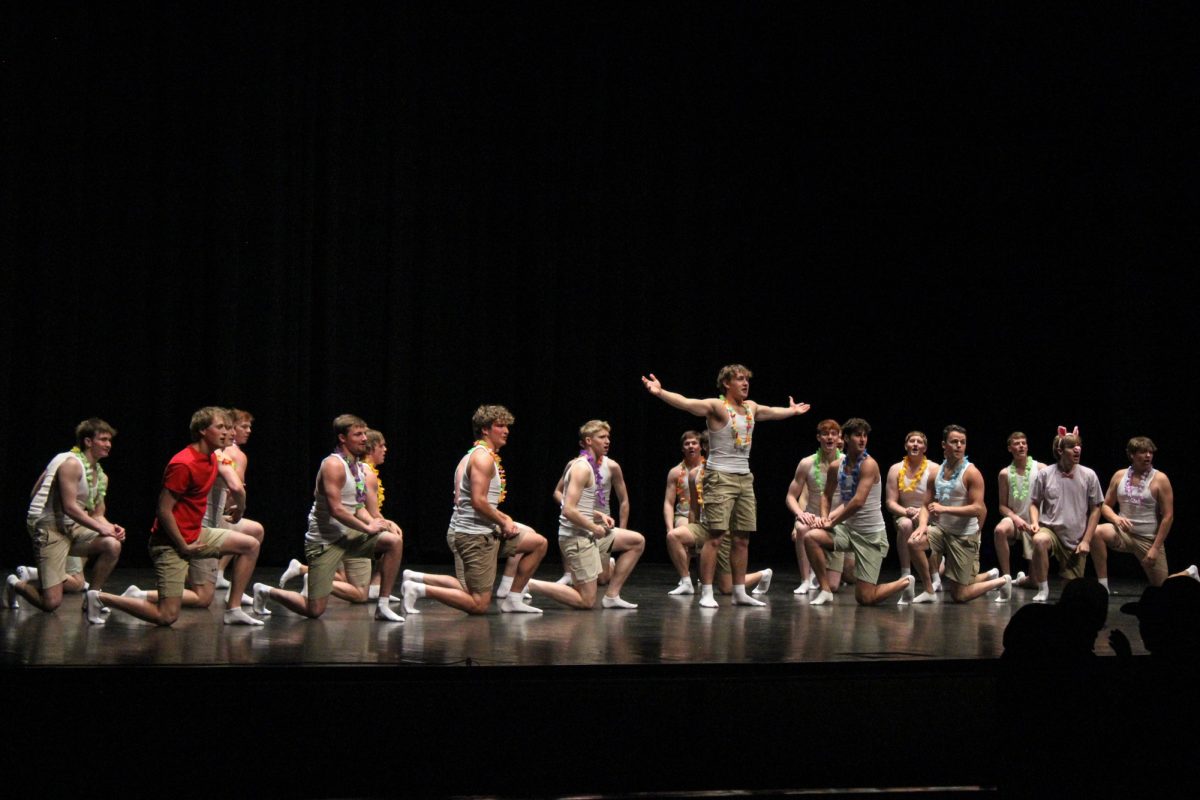Professor researches higher education opportunities for Latino Immigrants
February 24, 2011
Ryan E. Gildersleeve is an advocate for the rights of undocumented Latino students, whose research promotes the understanding of the different educational policies implemented around the nation.
Gildersleeve is an assistant professor in the Research and Evaluation Program and the Higher Education Administration Program in the Educational Leadership and Policy Studies Department at Iowa State.
While Gildersleeve doesn’t advise any Latino organizations on campus, he has spoken on panels, such as Dare to Dream, and writes about higher education issues for both broad and academic audiences.
“My research agenda focuses on the political and social context around educational opportunity particularly I focus it around Latino immigrant communities,” Gildersleeve said.
In his research, Gildersleeve focuses on two main branches.
“One piece tries to understand and explain the lived experiences of Latino immigrant youth in education, another tries to understand how policies shape those lived experiences,” Gildersleeve said.
Gildersleeve is currently working on a project that examines the texts of 11 state statutes that have extended in-state tuition benefits to undocumented students. He is also looking at five state statutes that limit or completely restrict in-state tuition benefits explicitly from undocumented immigrants.
“It’s becoming more and more central in my work as I focus in on policies that have a direct impact on the material lives of undocumented immigrant students.”
Gildersleeve currently has a book out, “Fracturing Opportunity: Mexican Migrant Students and College-going Literacy,” based on the idea “educational opportunity is learned.”
“The process of gaining access to college or taking advantage of any educational opportunities across our lives; that’s a social practice that all of society is involved in,” Gildersleeve said.
This process involves our parents, teachers, policy makers and the overall community, Gildersleeve said.
“Everyone is implicated in how different students’ opportunities and trajectories get shaped,” Gildersleeve said.
Every individual student learns how to take advantage, manipulate and work toward increasing opportunities for higher education. Society teaches students what their opportunities are and what is available, either through conversations or the hidden or unwritten expectations of the community.
“Effectively, if you look across that span, we teach students what educational opportunity is. However, when you look at the educational outcomes of society it’s apparent that we’re teaching that inequitably,” Gildersleeve said, referring to communities teaching different individuals about their opportunities of going to community college, elite colleges or not going to college at all.
“[If] we increase the investment in higher education, then higher education is seen as a public good rather than just an individual investment,” Gildersleeve said.
Gildersleeve continues to research higher education opportunities and his new book, “Crossing Opportunities,” will be release in the fall of 2011.
“The ultimate goal is to provide assistance to everyone who cares about our education and who cares about our relationships between educational institutions and our democracy,” Gildersleeve said.






